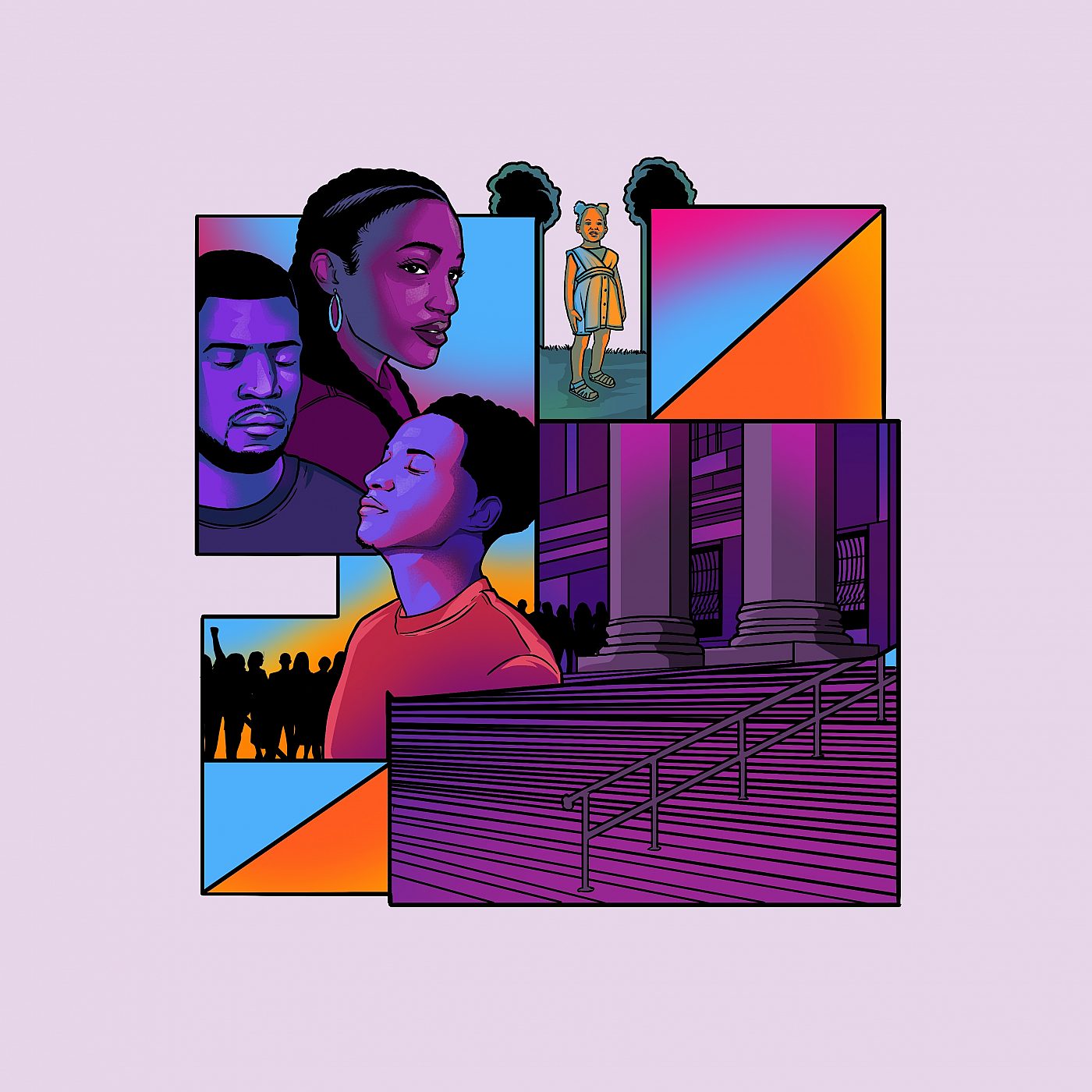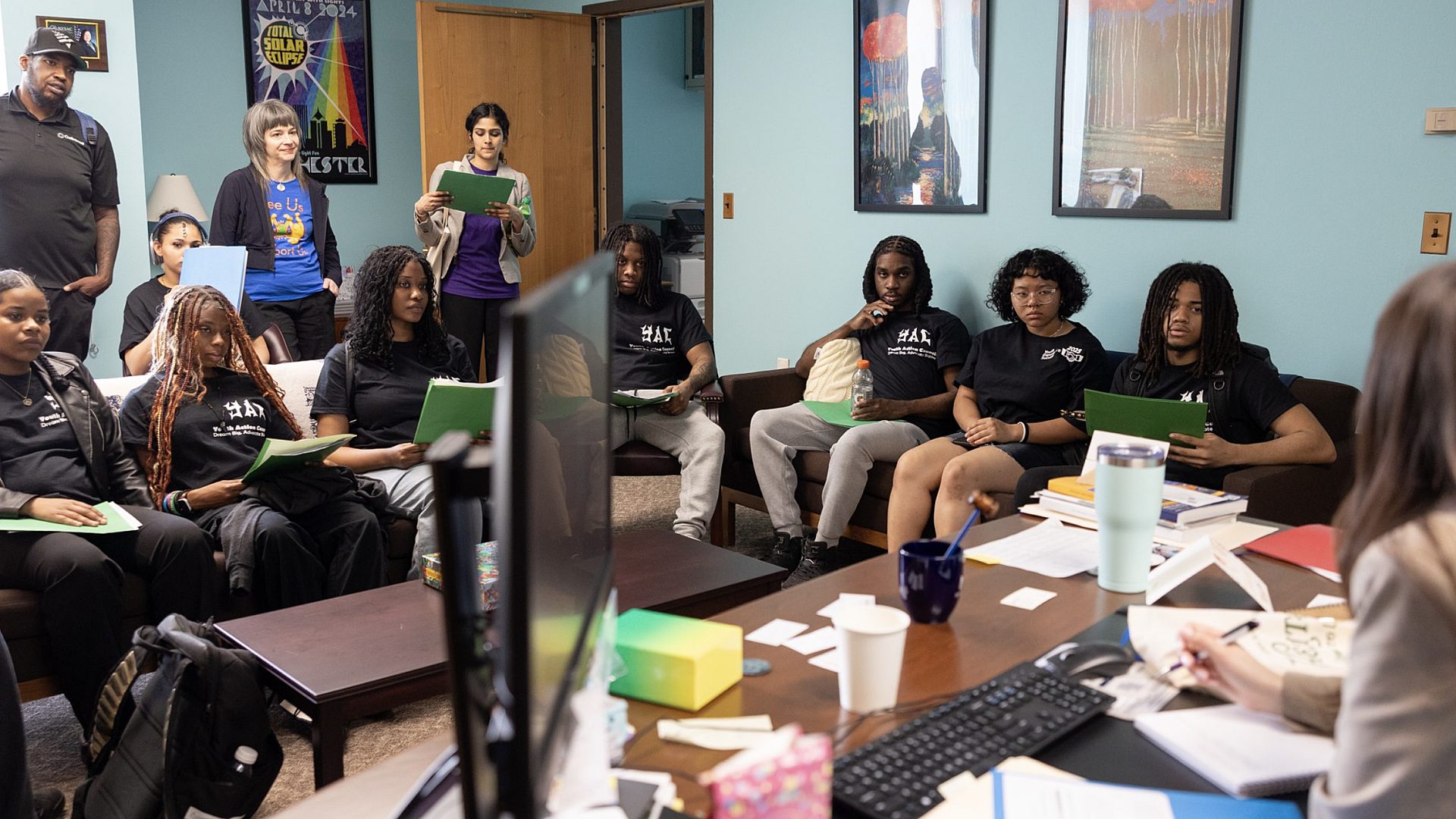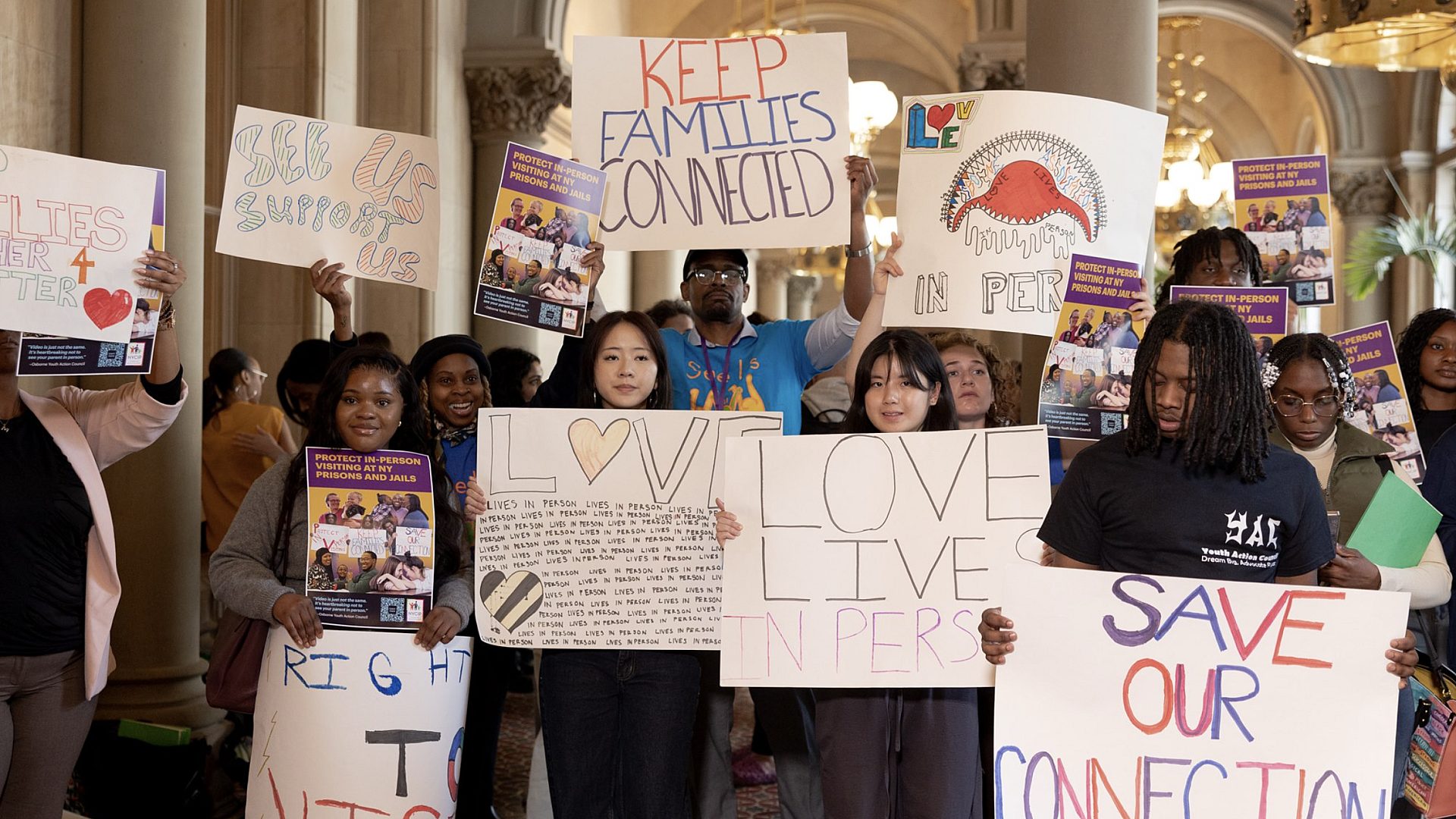Our Advocacy
Osborne’s Center for Justice Across Generations is our policy arm dedicated to building a society and justice system that promotes healing, safety, accountability, and real opportunities to thrive.

Our team works in partnership with – and benefits from the leadership of – formerly incarcerated people, as well as children, youth, and families directly affected by incarceration. Independently and as part of coalitions, we build and leverage relationships with government and community partners to generate policy solutions grounded in restorative justice, rehabilitation, and reinvestment. Informed by our decades of on-the-ground and in-jail and prison programming, we offer policy analysis, public education, and innovative, practical solutions, and provide training and technical assistance to transform institutions and systems.

Leadership on the Impact of Incarceration on Children
For decades, Osborne has advocated for policies and practices that prioritize children’s needs at every step of their parent’s involvement in the criminal legal system.
The New York Initiative for Children of Incarcerated Parents (NYCIP) raises awareness, promotes policies and practices, and builds partnerships to ensure that children’s rights are upheld, relationships supported, and their potential nurtured during their parent’s involvement in the criminal legal system. Launched by Osborne Association in 2006, NYCIP is a partnership of over 50 organizations and government agencies, people with lived experience, and the faith-based community who collaborate to turn the Children of Incarcerated Parents’ Bill of Rights into a reality. Read more.
See Us, Support Us (SUSU) creates a community for and raises awareness about children of incarcerated parents, highlighting their voices, strengths and needs. Launched in 2015 by NYCIP, SUSU began as a month-long effort to see and support children of incarcerated parents and is now a year-round effort with national partners, culminating in a month of action in October. Visit the SUSU website.
For more than a decade, Osborne has advocated for and trained law enforcement agencies on protocols for Safeguarding Children of Arrested Parents. After working at the national level to support the development of a model policy, Osborne has since worked with NYPD, the Buffalo Police Department, and others to develop and implement trauma-informed policies and procedures. Thanks to these efforts, all accredited police departments in New York State must have a policy in place and train officers on it.
The Youth Action Council provides peer-led civic engagement and advocacy training and opportunities to young people ages 15 to 18 who have experienced parental incarceration. Young advocates engage in activities such as teach-ins with other youth groups, visits with legislators at City Hall and the State Capitol, social media campaigns, and media appearances.

See Us, Support Us
A national initiative to raise awareness, increase visibility, and build support for children of incarcerated parents. Each October, we organize a month of activities to inform, inspire, and spark action.
Policy and Advocacy Victories
Our advocacy efforts have helped New York enact local and state laws that uphold the rights and dignity of people who interact with the criminal legal system, strengthen family relationships, and change conditions at every stage of system involvement.
Safeguarding Children of Arrested Parents
Osborne’s longstanding advocacy and support for children and youth who experience the arrest of a parent has contributed to significant advances in practices and policy. With the passage of New York City’s 2019 Child-Sensitive Arrest law, Osborne was selected as the critical partner working with the NYPD to develop written guidelines and provide training to officers to safeguard children when a parent or caregiver is arrested. Four years later, New York State required that all accredited law enforcement agencies have written policies in place and provide training to officers. Late in 2024, Governor Hochul signed the statewide Child-Sensitive Arrest law, which requires the state to develop written policies and procedures ensuring that police officers safeguard and arrange for continuing care of minor children whose parents or guardians are arrested.
Fair Chance for Housing
This law prohibits New York City housing providers that conduct background checks from discriminating based on convictions outside of a “look back window” of 5 years for felonies and 3 years for misdemeanors. It also stipulates that background checks be conducted only after providers have pre-qualified an applicant based on financial, income, and other factors relevant to their ability to be a good tenant. Read more.
Building Knowledge and Skills Across Child-Serving Sectors
Osborne has spent two decades providing education, training, and support to increase understanding of the unique experiences and needs of children with incarcerated parents. Thousands of people in decision making roles have benefited from our expertise, including parole board commissioners, family court judges, and staff at district attorneys’s offices, as well as mental health practitioners, early childhood experts, teachers, and school social workers. We have trained more than 6,300 members of the NYPD and approximately 1,300 law enforcement members across the state in child-sensitive arrest practices. As part of our work on Rikers, we have supported more than 200 DOC officers with training in visiting and interacting with children.
Proximity
Inspired by an Osborne Youth Action Council member, this law directs the New York State Department of Corrections and Community Supervision to place incarcerated parents in the facility in closest proximity to their minor children that also meets parents’ designated security level, and program and health needs. It went into effect in 2021, and has since led to thousands of parents being moved closer to their children. Read more.
